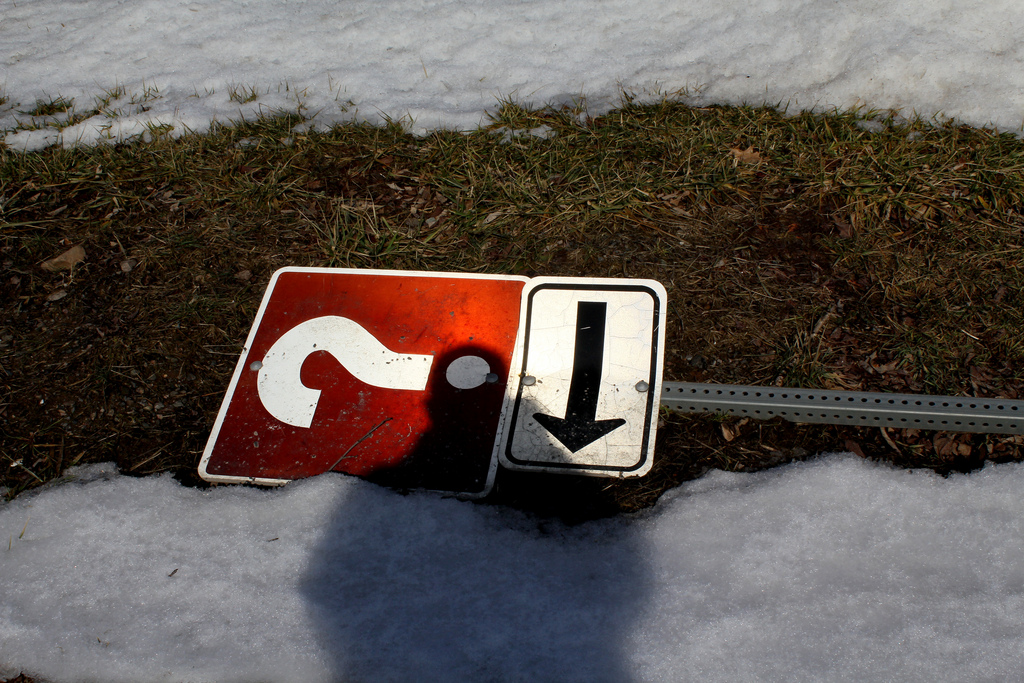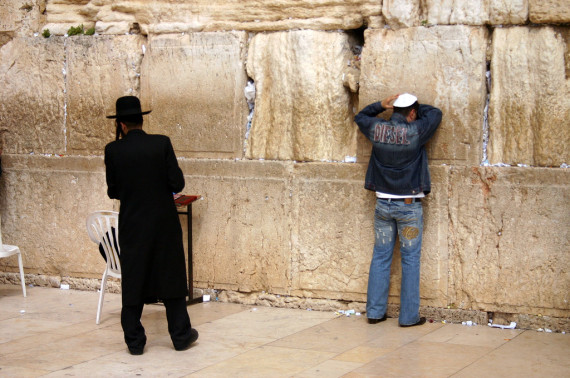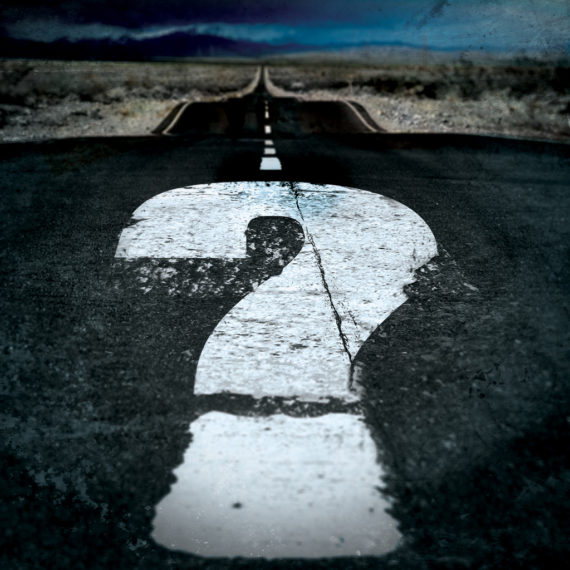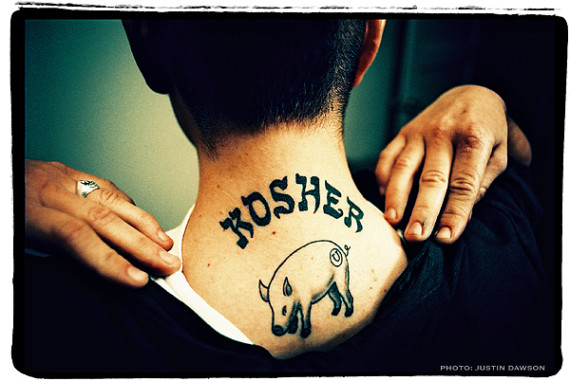There is a whole group of them out there. Maybe you’re one of them. You probably know one of them.
They’re the quiet sufferers, the questioners in denial. The religious ones who don’t feel religious anymore, who don’t know what they’re doing or why they’re doing it.
They’re the Off the Derech that haven’t quite gone off the derech yet. The ones who seem to be doing everything right, are maybe even growing. They pray, they shuckle even, they study, they work hard.
But there are signs. Maybe they’re swearing more. Maybe they’re asking questions here and there. Maybe there are small signs of rebellion.
People usually don’t notice them, because at that point, no one is too concerned.
But this is the stage when the experience of going off the derech really happens. When people really start to question their faith and make decisive steps to leave it. Or at least take a step back.
Call them pre-OTDs.
These guys and gals have a diverse background. And they’ve got their own reasons for having issues with their faith. Most have seen some sort of hypocrisy, have felt personally slighted in some ways, have been maybe even hurt directly by others in their faith or family.
But the biggest reason, the biggest reason by far, is that they have questions. Deep questions. Questions about evolution, questions about G-d and his existence or lack thereof, questions about the big freaking bang and how people as intelligent as the biggest scientists and thinkers in the world can be non-believers.
There is no question that they have some sort of emotional reason for their issues, and for this reason, many people dismiss their questions, ignore their thoughts, or give half-assed responses, typical, lazy responses. And this pushes the people further.
But the worst part, by far the biggest issue with all these people is the guilt. The guilt they feel. The guilt inside their hearts every time they want to ask a question. Every time they look at the wrong website or read the wrong thing or have a thought that leads them to think, “Hey, why shouldn’t I give it up?”
And so they stay quiet. They have their little rebellions, but for the most part, they’re quietly questioning, never getting real answers, both because of their guilt and the lack of quality answers coming their way, and slowly, slowly moving away from Judaism.
The guilt is really what does it, though. Because they’re guilty they don’t really think hard enough about their questions, their very legitimate questions. Instead, they’re so worried that they have questions, that they punish themselves every time they have those thoughts.
First of all, each and every one of you questioning people out there, you need to realize that you shouldn’t feel guilty, you shouldn’t feel bad that you are questioning your faith. Ironically, baal teshuvas have a lot in common with you, and if you think about it, they only got to the place in their lives because they questioned. People also gave them lazy answers, people also degraded them, but they didn’t feel guilty, for the most part, because they were aware that they were on a quest.
You, you who are on a quest, it doesn’t matter that your family has some sort of special lineage. It doesn’t matter that you have “responsibility” to the people around you.
These pre-OTDs, they need to ask, they need to ask hard questions, to really dig deep. Because the more they hide, the more guilty they feel inside that they are asking questions, the more empty the hole inside them will feel.
Because their emunah, their faith, isn’t complete. It’s a gaping wide breach that only grows the more it is ignored.
The end result in most cases with these dudes is that they break eventually. They decide to simply go the complete opposite way they grew up. Not because they honestly feel that is the right answer, not because it’s their personal truth, but because they recognize that the Judaism they live right now is fake, is empty, is pathetic. And they need to escape it.
And so they throw it to the side because they haven’t learned to honestly examine themselves and their beliefs.
In our day and age, a place where information, where Wikipedia, where Google, are just a click away, we need to be aware that it’s no longer an answer to shelter ourselves and the people around us. We need to create a culture that is open to the questioning of the people around us, as well as to our own questioning.
Too many times, people forget that they shouldn’t only be open to the thoughts and tribulations of a baal teshuva. They forget that we are all baal teshuvas, we are all on a journey, and we need to encourage the people who demand deeper answers, deeper thoughts, deeper responses.
The guilt and the guilt inducing needs to stop. The quiet suffering of the pre-OTD needs to turn into loud questioning.
Judaism will only improve the more open we are both to those around us, and to the awareness that the questions we hold within are legitimate and deserve an honest discussion.




Leave a Reply to Bob Cancel reply